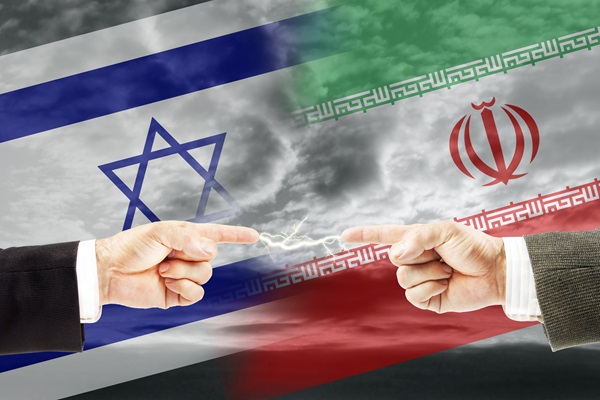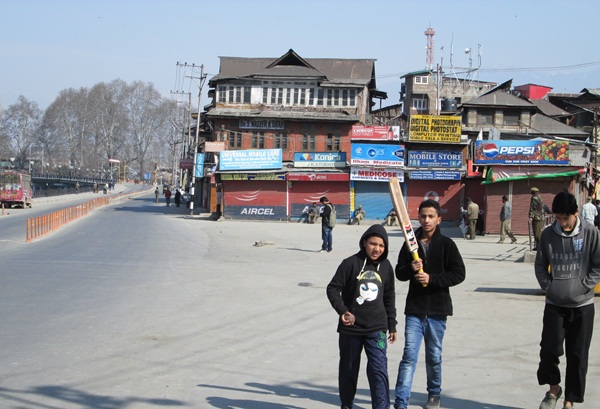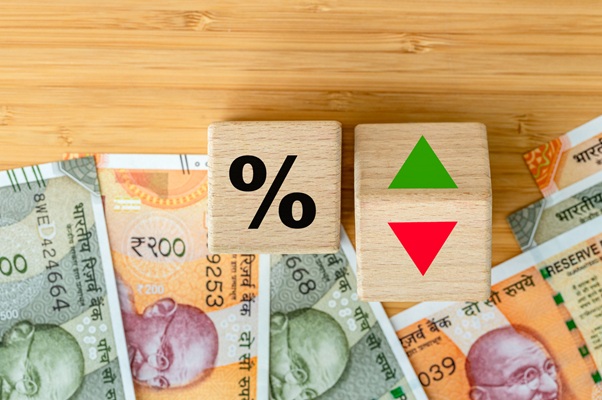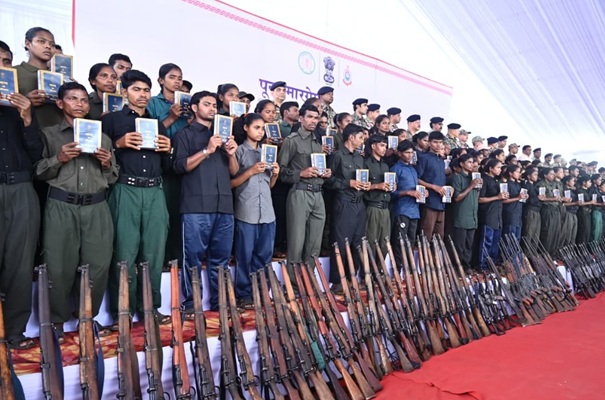.png)
Turkey and India: A Relationship Drifting into the Crosswinds
Is Ankara’s current posture towards New Delhi driven by ideological projection or geopolitical calculation—or both?


Lt Gen Syed Ata Hasnain is a former Commander of India’s Kashmir Corps and Chancellor of the Central University of Kashmir.
November 18, 2025 at 6:18 AM IST
The recent controversy over Turkey’s refusal to allow a commercial transport aircraft—carrying three AH-64E Apache Attack Helicopters meant for the Indian Army—to refuel in Turkish territory, has revived a sentiment that had been long taking root in India; that Ankara no longer sees New Delhi as a partner of consequence. It is only one more blip in a steady graph of Turkish hostility in recent years, but its symbolism matters. The incident also jars with another memory—India’s rapid mobilisation of disaster relief during the 2023 earthquake in southern Turkey and northern Syria. At that time, two National Disaster Response Force teams and a full Army Para Field Hospital from Agra had deployed within hours, treating thousands and earning praise from the Turkish Parliament. Yet goodwill seems to have been brushed aside as Ankara’s strategic priorities evolve.
To understand why the India–Turkey equation has soured, it is necessary to step back and revisit the historical backdrop, the ideological and geopolitical compulsions that fuel Turkey’s growing anti-Indianism, the advantages Ankara gains from its deepening partnership with Pakistan, and the domestic political context that shapes Turkish foreign policy. Only then can we ask the key question: what should India do to prevent this relationship from slipping beyond repair?
A Troubled Backdrop
There is also a fragment of shared history that is often overlooked. During the Khilafat Movement, Indians across regions and faiths rallied for the Ottoman Caliphate, offering political backing and raising funds for a distant empire they felt cultural affinity with. It may seem irrelevant today, yet it reminds us that India once stood instinctively with Turkey, not against it. Erdoğan’s rise altered this equilibrium. A shift from strict Kemalism to a more assertive, identity-driven neo-Ottoman outlook brought new ambitions—and India increasingly found itself cast as an adversarial reference point rather than a willing partner.
When I visited Ankara, Istanbul and Izmir some years ago, I encountered a different Turkey. There was admiration for India’s democratic endurance, respect for our governance systems, and curiosity about our economic success. Turks I met acknowledged India’s rise with warmth, not suspicion. That experience makes the current drift all the more unfortunate, because it shows that the negativity is political, not civilizational.
A Partnership of Utility: Why Turkey has discovered a “compulsion” to oppose India and partner Pakistan
Turkey’s current posture towards India stems from two overlapping motivations: ideological projection and geopolitical calculation. Ideologically, Erdoğan seeks to evoke elements of the Ottoman legacy—not through empire, but by claiming moral leadership of the Muslim world. Rolling back Atatürk’s secularism, he uses global Muslim causes as domestic signalling, and Kashmir became a convenient platform. Ankara’s UN remarks and alignment with Pakistan-sponsored positions are therefore deliberate.
Geopolitically, opposing India boosts Turkey’s standing in the OIC, deepens its partnership with Pakistan, and signals defiance to Gulf rivals. This stance is not driven by bilateral grievances; it is a performative message aimed at Muslim audiences and Erdoğan’s domestic constituency.
Turkey’s affinity for Pakistan predates Erdoğan, but under his leadership it has evolved into a near-strategic partnership. History and identity form the foundation; Pakistan backed the Ottoman cause a century ago, Turkey returned support at key moments, and both have long cultivated the idea of being “brother countries.”
Defence ties now anchor the relationship. Turkey’s fast-rising drone and missile industry has found in Pakistan a ready partner and customer. Joint projects, naval modernisation and intelligence exchanges have deepened this axis, giving Ankara both market and prestige as it seeks to position itself as a defence innovator.
Pakistan also offers regional leverage. Through it, Turkey gains access to South Asian geopolitics, influence among Central Asian states, and visibility across the Islamic world. Supporting Islamabad on Kashmir delivers political capital within the 57-member OIC.
Pakistan’s nuclear status adds further symbolic weight, enhancing Turkey’s claim to leadership within the broader Muslim world.
Turkey’s Domestic Politics and Its Foreign Policy Logic
In this environment, challenging India serves several domestic purposes: it frames Turkey as a global defender of Muslim causes, differentiates Erdoğan from Gulf rivals, and supports the narrative of Turkey defying Western structures—even though India is not part of those structures. In short, India is collateral damage in a larger domestic political play.
What Should India Do? Charting a Realistic Course Forward
Third, keep channels open. Despite present tensions, Turkey remains a major economy, NATO power, and civilisational bridge between Europe and Asia with a young population and expanding technological base. India should identify limited areas of cooperation—trade, aviation, energy, defence research, disaster-response—where interests align and past goodwill still resonates. Ostracization of any nation which could one day be a partner again, is never good in foreign policy.
Fourth, prepare for the long game. Ankara’s posture is unlikely to soften quickly; it is rooted in identity politics, regional rivalry and domestic positioning. Yet economic constraints, shifting OIC dynamics or internal political recalibration could open windows for engagement. India must be ready with a calibrated response when that moment arises.
India and Turkey are not natural adversaries, but political ambitions, ideological posturing and Middle Eastern rivalries have obscured the potential for partnership. Losing Turkey in the current geopolitical flux would narrow India’s diplomatic space at a time when it is already managing tension with China and carefully balancing its priorities with the United States. What New Delhi needs is proportional firmness, diplomatic range and readiness to rebuild whenever Ankara’s politics allow. The friendship once felt on Turkey’s streets has not vanished—it is only overshadowed. India must ensure that when the shadows recede, the space for repair still exists.



